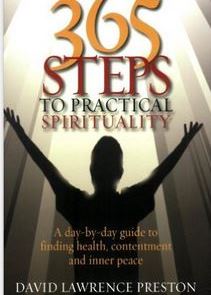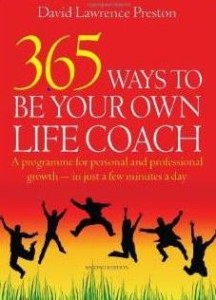Peace of mind often seems elusive in this busy world. Nearly everyone agrees it’s an important ‘state of being’. How can we experience it? Is there a formula that could enable us to have it now and for ever more?
Some think there is. Many Buddhists, for instance, associate it with a state of total desirelessness. But for the vast majority there is no simple formula, although there are powerful guidelines:
Acceptance and non-judgement
Some would argue peace of mind can be attained by being happy, healthy and prosperous; feeling good about yourself and fully in control of your life. Certainly all this is important – but it’s not the whole story. The additional key to peace of mind is summed up in the words, acceptance or, to put it another way, non-judgement.
Acceptance doesn’t necessarily mean ‘approving’ but it does mean seeing the world as it is, not filtered through a set of beliefs about how you think it should be; allowing others to be as they are, doing what they do according to their preoccupations and desires. You may not like their behaviour, but if you are constantly wishing they and the world were different, real peace of mind will always elude you.
A calm mind
Peace comes with calmness. A calm mind comes with a relaxed body. It is also closely associated with forgiveness – although the less you judge, the more accepting you become and the less you have to forgive.
The secret of acceptance, and therefore peace of mind, is to adopt the empowering belief:
Everything is exactly as it‘s meant to be, and always works out for the best. Say it out loud, at least ten times, three times a day. After a month reflect on the difference it has made.
This is not meant to be a recipe for inertia. If you notice something that can be improved or needs changing and are determined to do something about it, this too is exactly as it should be.
Naturally, the word ‘everything’ includes ‘everybody’ too. Adopt an attitude of non-judgement, then discord, anxiety and animosity immediately evaporate.
Time for yourself
Take some time for yourself every day, to relax, meditate or even just do nothing. The world demands so much of our time that we have less and less for those delightful moments of being alone to think our thoughts, dream our dreams and let wisdom germinate and take root in our minds.
The here and now
Keep bringing your thoughts back to the here and now. Now is the only moment over which you have any control. Let go of yesterday’s regrets of tomorrow’s worries. Each days has troubles enough of its own.
Avoid vows
Don’t make statements or pledges you can’t justify or have no intention of honouring.
Don’t generalise
Avoid thoughts and phrases that begin with, ‘I’ll never…..’ or ‘I’ll always…..’
How do you know? How can you make statements about the future right now? You don’t know how circumstances may change.
And finally…
Be mindful and diligent, stay focussed on the positive, and keep a clear conscience. Everything will work out for the best – and you will experience a wonderful feeling of peace.
©David Lawrence Preston, 14.6.2016

Follow me on Facebook and Twitter @David_L_Preston

How To Books, 2007



